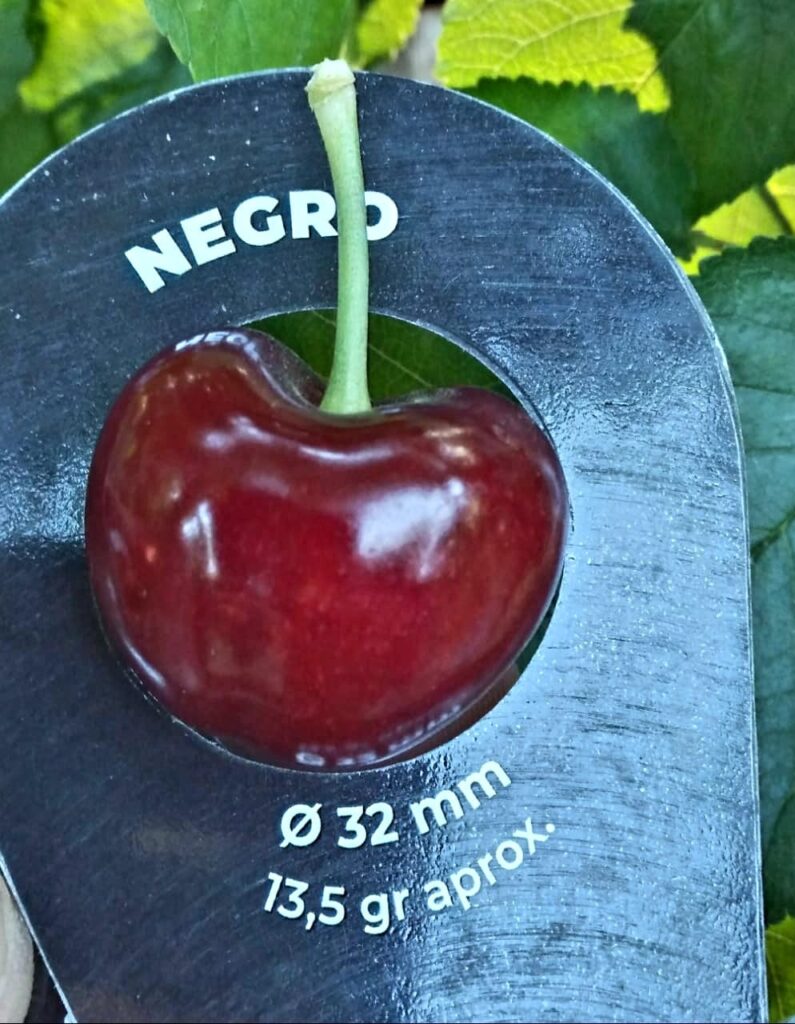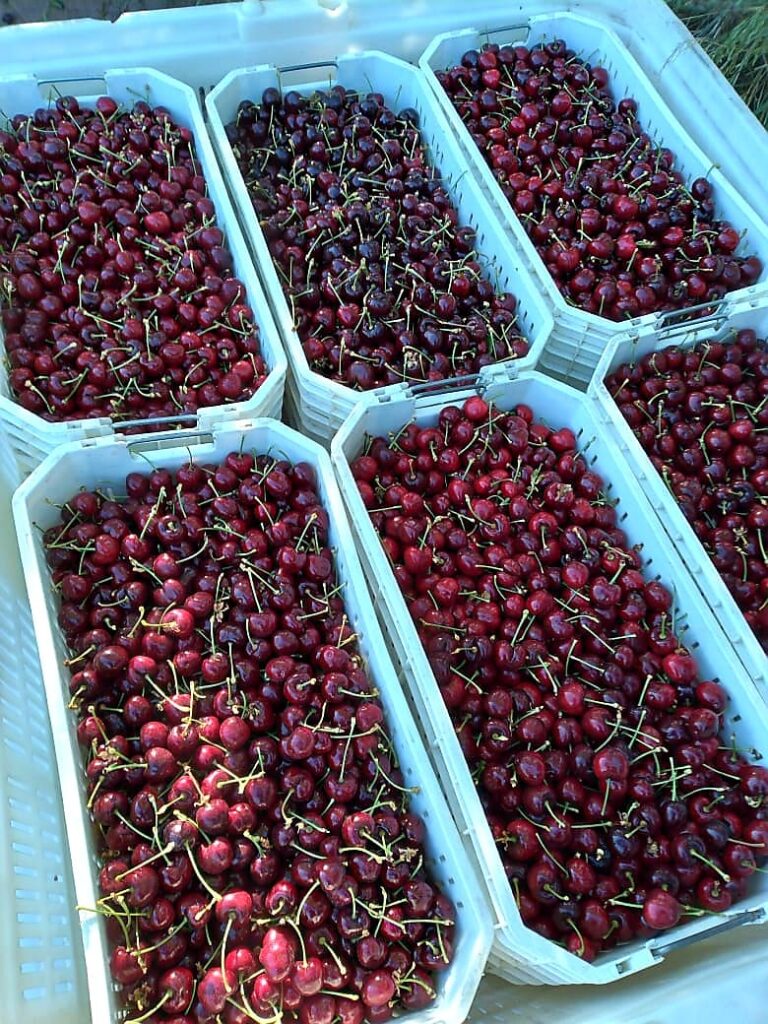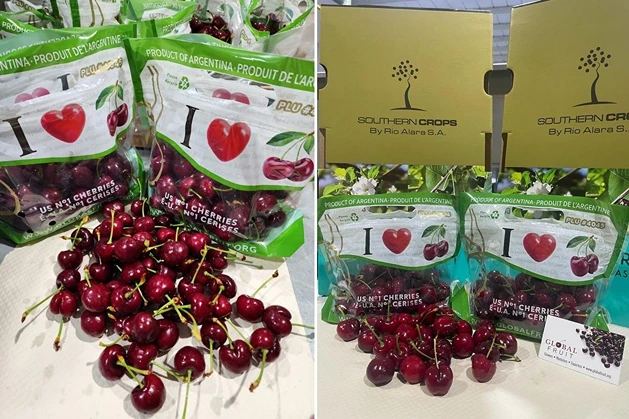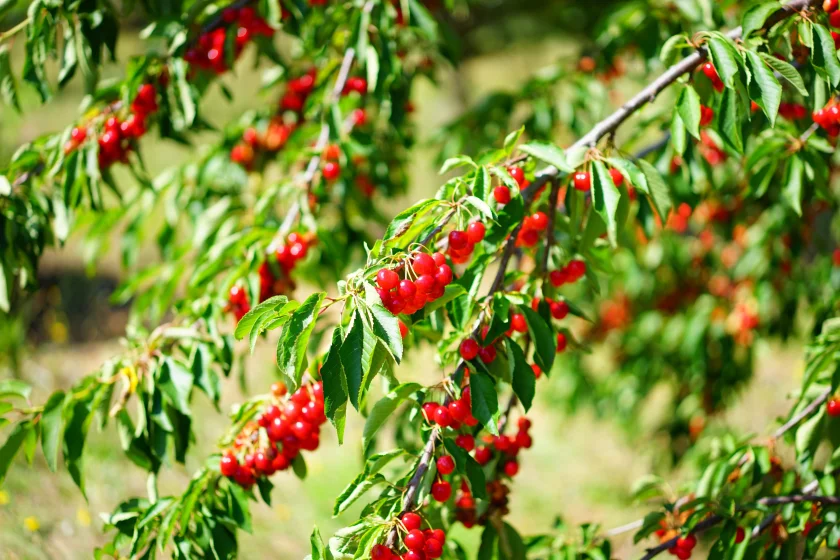So far, the season is going well! These were the words of the director of CAPCI, Aníbal Caminiti, commented on Portalfrutícola.com while analyzing the current season.
He emphasized that at the national level, it is a good productive season. “We hope to see an increase in exportable balances,” he said, ‘we’ll see how the season develops; we are very satisfied with the quality of the fruits and the weather that has accompanied us so far.’
When asked about the delay in cherry harvest in Patagonia, Caminiti explained that, after several days of high temperatures, there was a series of cold days that slightly delayed the harvest, but currently, all packing centers are operational. “It was a conjunctural situation, where we experienced days of low temperatures that slowed the season's pace, but they did not affect the season's logic,” he said.
He noted that, overall, the country has experienced a 1 to 3-day lead depending on the variety. “In general, Argentina is having a very good season in terms of productivity: seasonally, we are 1 to 3 days ahead, depending on the region.” And he added: “The truth is, if you consider a delay of 1 or 3 days, it’s a positive impact because if there’s one good thing that enhances the fruit’s quality, it’s having a thermal amplitude and not enduring a process of consistently high temperatures.”
In this sense, he stated that the punctual situation of low temperatures improved the levels of soluble solids this season, giving better performance to the cherries' quality.

Cherry Varieties
Regarding varieties, the CAPCI director mentioned that the first to be exported were Royal Lynn and Nimba, followed by Royal Dawn and Frisco, which started being exported this week. “This week, we started harvesting Santina in the southern zone, as well as in the earlier zone of Rio Negro, and in Mendoza, fruit harvesting has already begun.”
He pointed out that, so far, there have been no environmental issues affecting the fruit, “so, in general, all the fruit shipped for export and the domestic market has been of excellent quality.”
Caminiti attributed this outcome to the fact that this season, the weather was very favorable, “starting with a winter with an excess of chilling hours that the crop requires in all regions; we also had a very interesting spring that supported the phenology and needs of the crop without significant alterations.”
Caminiti highlighted that “currently, the calibers are very good, regardless of the variety. For example, Royal Dawn usually struggles to achieve a good caliber, but this year it’s showing very good medium calibers. The truth is that this year, everything, in terms of color, caliber, brix levels, and firmness, is going well, so we are achieving very good parameters, and this means the fruit is also recognized by the markets, and we have good reception of the fruit.”
Markets for Cherries
The Argentine industry ships 77% of its production by air. Regarding this, Caminiti said, “this is the case because we are not talking about large volumes, and they have fetched good prices in the markets.” He added that this week, more fruits are starting to arrive in different markets, “and so far, we have had good prices, similar to previous seasons for this time of the year.”
Argentina makes very few maritime shipments, which are directed to China, following the same logic as Chile. “The United States and the United Kingdom are markets supplied by air.”

When asked about the increase in Chile’s production—nearly 60%—Caminiti replied that “Argentina maintains its suppliers in various international markets and in China; we are a player that does not compete with Chile in terms of volume, as we have our own logic.”
He explained that some Argentine companies participate in the Chinese market until Chilean ships arrive. Subsequently, they shift to other markets when the price in China drops significantly. “When this situation occurs, it is interesting for Argentine producers to continue operating in other markets,” he said.
He analyzed that currently, the Chinese market shows an elasticity in demand for cherries that remains positive. “The Chinese market continues to be receptive and represents a positive business for Chile. Until this changes, we have our logic; for us, last season, the main market was not China but the United States.”
According to the CAPCI manager, China, in terms of cherries, depends on Chile, and Chile depends on China: “The day China saturates its demand, and if Chile’s supply continues to increase at this pace, it will no longer have a market in China and will seek other markets.”
He explained that when this scenario occurs, it will be very difficult to transfer thousands of shipments to other international markets, including India, which, however, “does not have the culture of cherry consumption like the Chinese.”
He was clear in stating that there is a challenge for the Chilean industry on how to continue working with high production volumes in China and change the favorable consumption situation. “Any other participation by Chile in other markets will certainly have an impact, due to the volumes it manages.”
Source: Portal Frutícola
Image: Portal Frutícola
Cherry Times - All rights reserved












